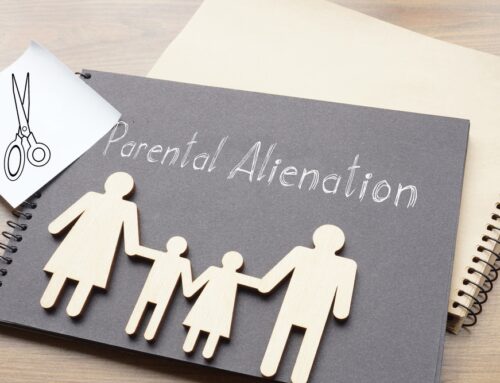In 2017, there were 102,007 divorces in England and Wales, with the average marriage lasting 12.2 years. In many of these cases, these individuals have children which can make the current situation even more difficult to deal with. Parents, by law, are responsible for caring for their children, which also includes providing for them financially. This can then mean that you have to pay for child support, or more frequently known as child maintenance.
If you’re wondering what this is or you need to know about it for the future, here’s our guide on child support law…
What Is Child Support?
Child support – or child maintenance – is a regular financial obligation that helps to support a child’s everyday living costs. This may include money for food, clothing or any funds needed for daily activities. However, there’s no real restrictions on child support, families can create their own agreements meaning it doesn’t necessarily have to be money sent over.
Usually if your child resides with you on a full-time basis, then it is assumed you are already paying to financially support your child. An agreement is therefore put in place for the other parent that doesn’t have them day-to-day, to pay to support their child. Although, sometimes if neither parent has guardianship over the child, it could mean that both parents may have to then pay child maintenance.
How Long Does Child Maintenance Last?
You’re normally expected to pay child maintenance until your child turns 16, or until they’re 20 if they’re still in full time college or school. They have to be studying for their A Levels, Highers or an equivalent to those.
This can vary in certain situations such as one parent dying, the child stops being eligible for Child Benefit, the parent being paid doesn’t want it anymore, or if the parent being paid stops being the child’s main carer.
How Are Child Maintenance Payments Decided?
The amount you pay for child maintenance all depends on a few things. This includes:
- Your own income
- Any tips, bonuses or commission
- Disability payments
- Unemployment benefits
- Pensions
- Veteran’s benefits
- Social security benefits
It typically is calculated by your gross weekly income. If your weekly income is unknown, you will be charged a default rate that totals to £38 per week for one child, £51 for two children and £61 for three or more children. If you earn below £7 a week, you don’t have to pay any child maintenance, but if you earn between £7 and £100 or on benefits, it’s the flat rate of £7 a week. If you earn between £100.01 to £199.99 a week, you will need to pay the reduced rate from and a basic rate if you earn from between £200 and £3,000 a week.
To help you figure out what you need to pay, you can check out the online child maintenance calculator.
Expert Advice In Child Support Law…
If you’re struggling to get your head around child support, or if you think that you need to start receiving payments then speak to our expert team today. We can support you throughout this difficult time and provide a personal and professional approach to our Family Law services. Get in touch today…




